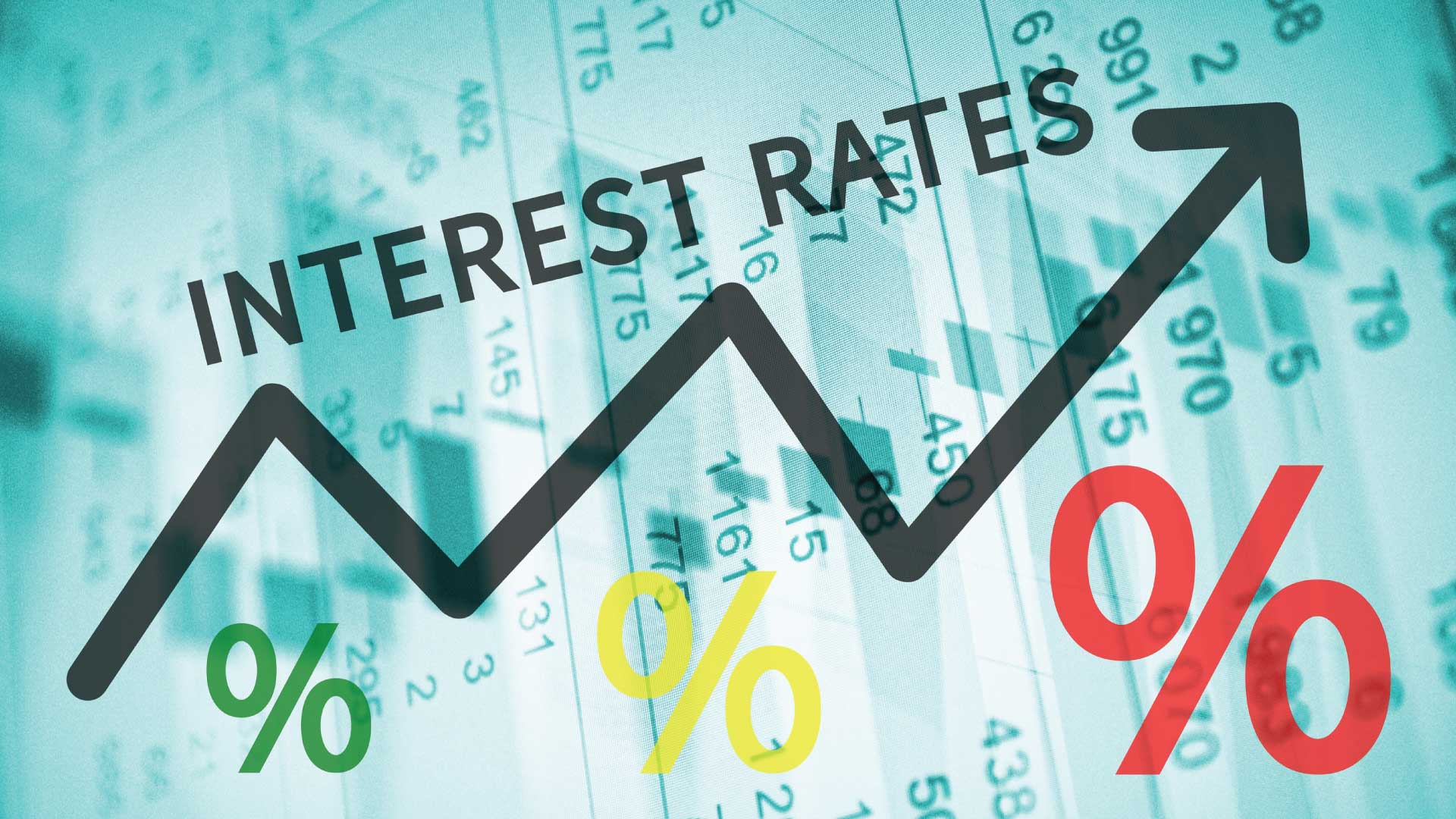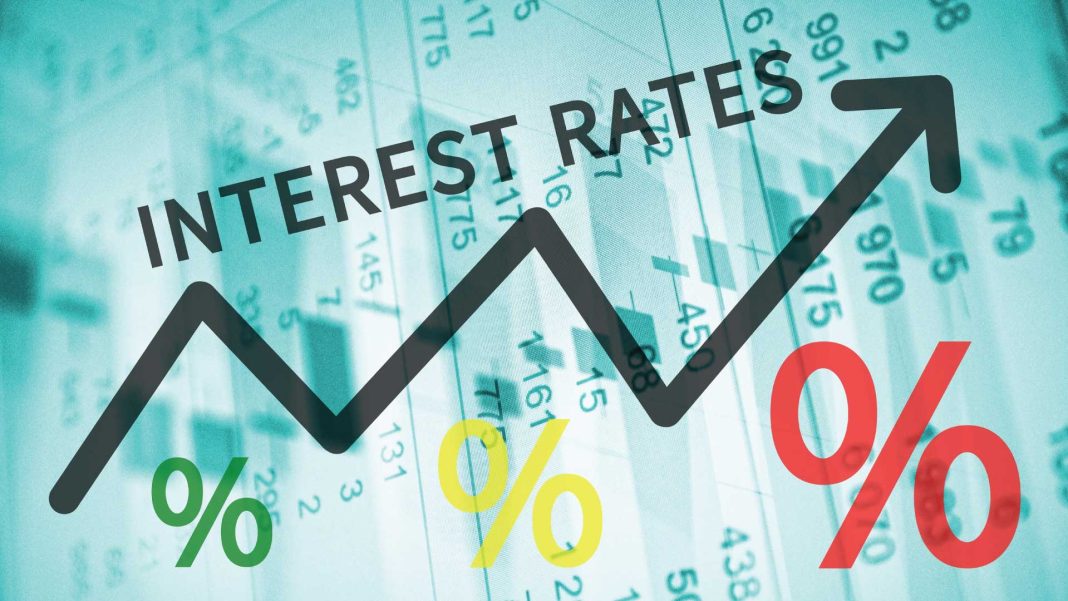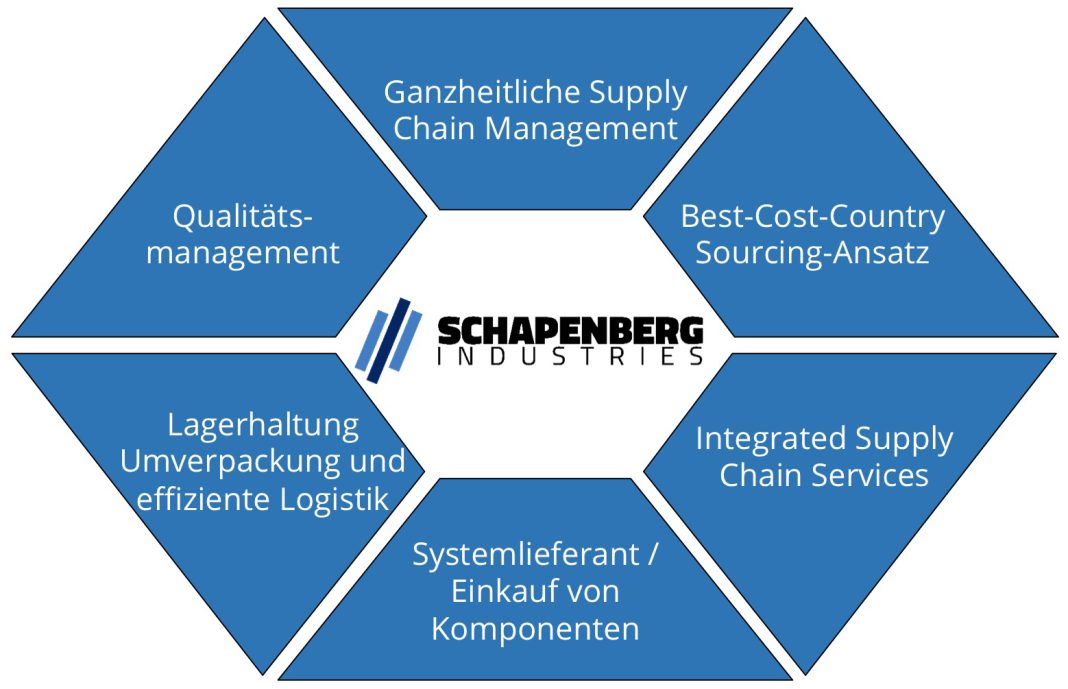 The Impact of Inflation: A Divergence in Consumer Behavior
The Impact of Inflation: A Divergence in Consumer Behavior
Introduction:
Citigroup CEO, Jane Fraser, recently highlighted how consumer behavior has diverged in the face of rising inflation, creating a “K-shaped consumer.” While the affluent continue to spend, lower-income Americans have become more cautious with their consumption. This divergence is a result of the increasing cost of living, which has put pressure on the lower-income segment. Let’s delve deeper into the implications of this trend and its impact on the economy.
The Unequal Growth in Spending:
Fraser emphasized that the growth in spending has primarily been driven by affluent customers in recent quarters. This indicates that the wealthier individuals are less affected by the rising cost of living and are maintaining their consumption patterns. However, it also means that the lower-income consumer segment is facing more challenges due to the increased costs. They are feeling the pressure to adjust their spending habits and are becoming more cautious with their finances.
Higher Debt Servicing Levels:
Despite employment opportunities for lower-income Americans, Fraser highlighted that debt servicing levels have risen for this segment. This suggests that while they may be employed, they are struggling to manage their debt obligations effectively. The combination of higher costs and increased debt burdens is creating a significant financial strain on these individuals, further contributing to their cautious approach to consumption.
The Impact on Interest Rates:
The stock market has been closely watching the Federal Reserve’s stance on interest rates. The question remains: when will the Fed begin to ease rates after a series of hikes? Strong employment figures and persistent inflation have complicated the situation, leading to a delay in expectations for rate easing. As a result, Americans will have to endure higher rates for credit card debt, auto loans, and mortgages for a longer period.
Hoping for Economic Conditions to Improve:
Like many others, Fraser expressed hope for economic conditions that would allow rates to come down sooner rather than later. The prolonged period of higher rates creates challenges for businesses and consumers alike. However, Fraser also acknowledged the difficulty in achieving a “soft landing.” A soft landing refers to a scenario where higher rates curb inflation without triggering an economic recession. While hopeful, Fraser recognizes the challenges associated with achieving this ideal outcome.
Conclusion:
The divergence in consumer behavior due to rising inflation is a significant concern for the economy. The affluent continue to spend, while lower-income Americans face increased pressure to manage their finances amidst higher costs. The delay in rate easing by the Federal Reserve further exacerbates the situation, prolonging the period of high interest rates for credit card debt, auto loans, and mortgages. The hope remains for improved economic conditions that will allow rates to come down, providing relief to both businesses and consumers. However, achieving a soft landing may prove to be a challenge.


